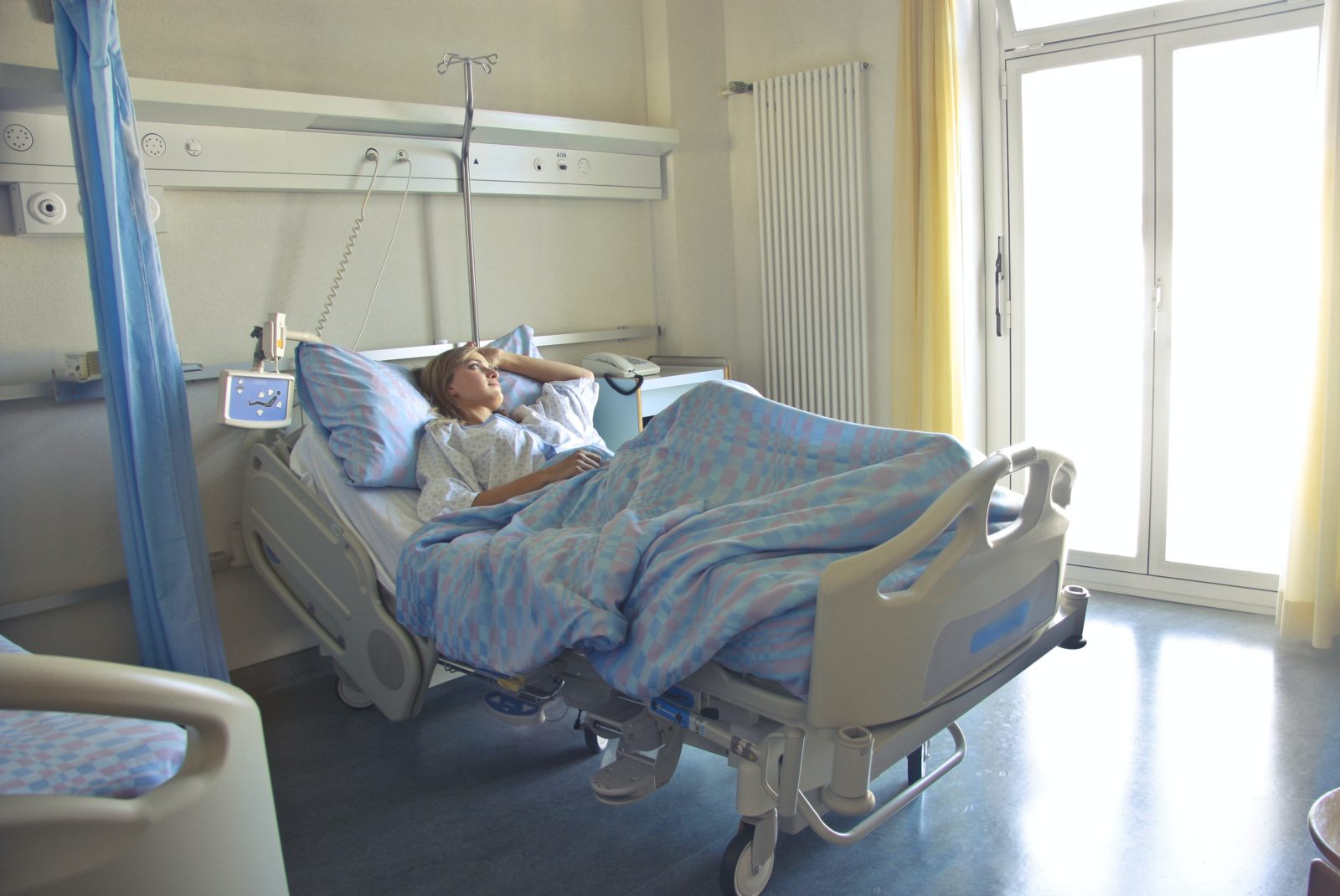Patients in the Czech Republic are complaining about the regulation of advertisements for medical aids. These medical aids include artificial joints, implants, and intraocular lenses. According to the Prosthetic Patients Association, patients are missing out on essential information because adverts for these products are essentially banned, with data only going to healthcare professionals.
The regulation of medical aid advertising is in line with Czech advertising laws, which state that “comparative advertising of medicinal products, health services, medical devices or in vitro diagnostic medical devices is permitted if it is aimed at persons authorized to prescribe or dispense these products or to provide these health services.” This means that patients can only access information about medical aids through their healthcare provider, and they can only access information online if they lie about being a healthcare professional to gain access.
Jaromír Lán, the founder of the Prosthetic Patients Association, believes that blocking patients’ access to information is unacceptable. “Patients should have the right to information,” he said. However, Lán also believes that relaxing the regulation of advertising would not harm patients because the suitability of any specific medical aid would still have to be approved by a healthcare professional.
The situation is more complicated with sophisticated medical aids like bionic prostheses, which have to be approved by insurance companies. The suitability of a particular medical assistance to a patient would also have to be assessed by a prosthetic doctor, a rehabilitation doctor, a clinical psychologist, and others. So, the regulation would still be necessary to ensure patients are not lured into purchasing unsuitable medical aids based on advertisements.
Patients who need a prosthetic implant today have to rely entirely on their doctor’s judgment, which may not always be the best. According to Lán, doctors only assess medical suitability, ignoring technical specifications and the patient’s level of activity. However, orthopaedist and ČSSD MP Jiří Běhounek disagrees with Lán’s opinion. He says that the best medical aids are already in use, and patients should not be making their choices. “It’s not like buying cars or ice cream. It’s a specialized matter, and manufacturers should not be allowed to compete in advertising. It’s not a dessert,” he said.
Dr. Běhounek has a story of a man who chose the “better joint,” It failed three years later, while a patient who used a “regular” joint for 20 years had no issues. This emphasizes the complexity of assessing medical aid suitability and how patients may not be qualified to make these decisions.





